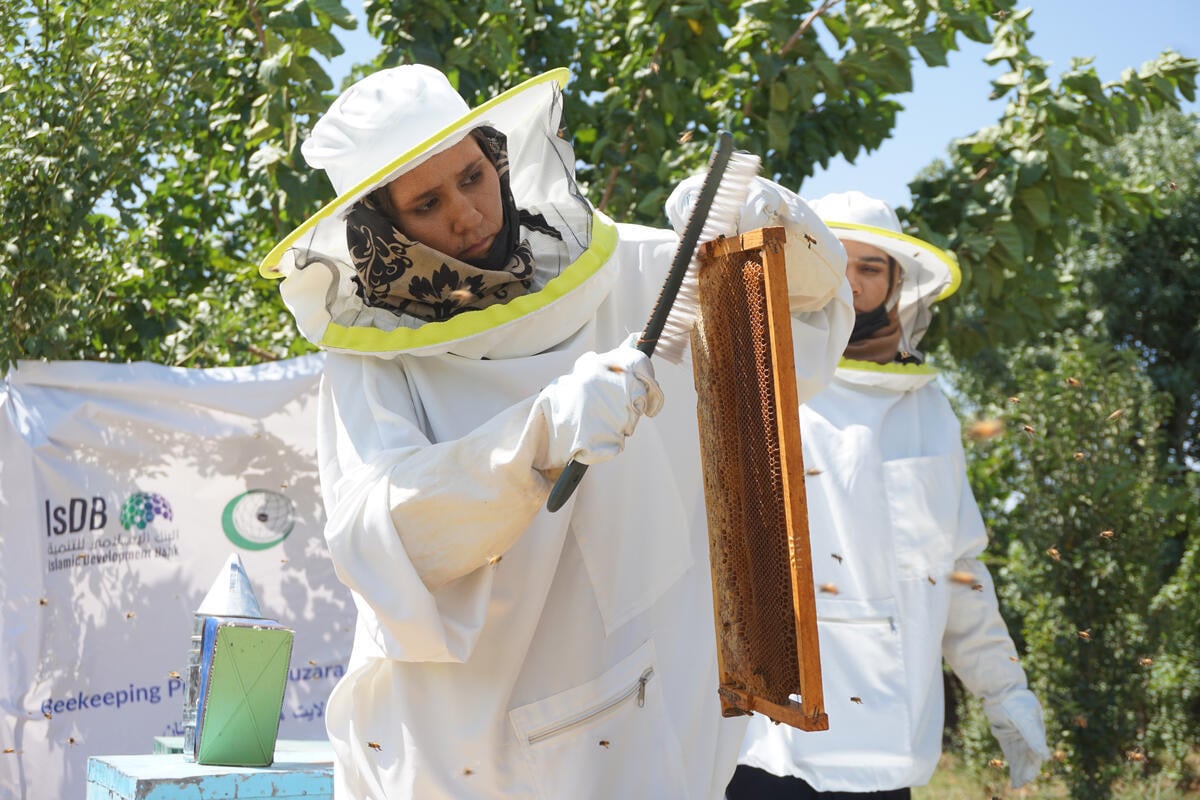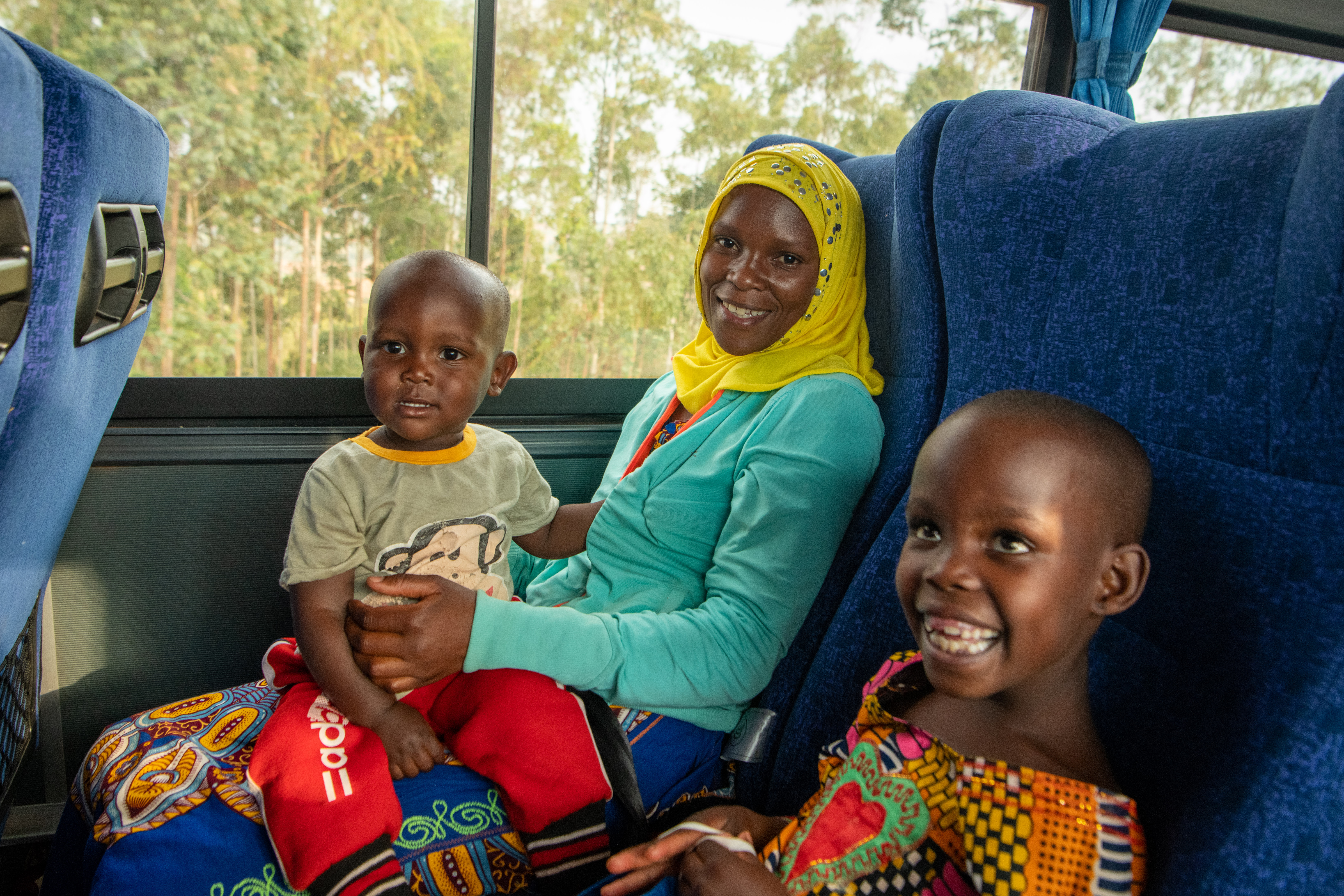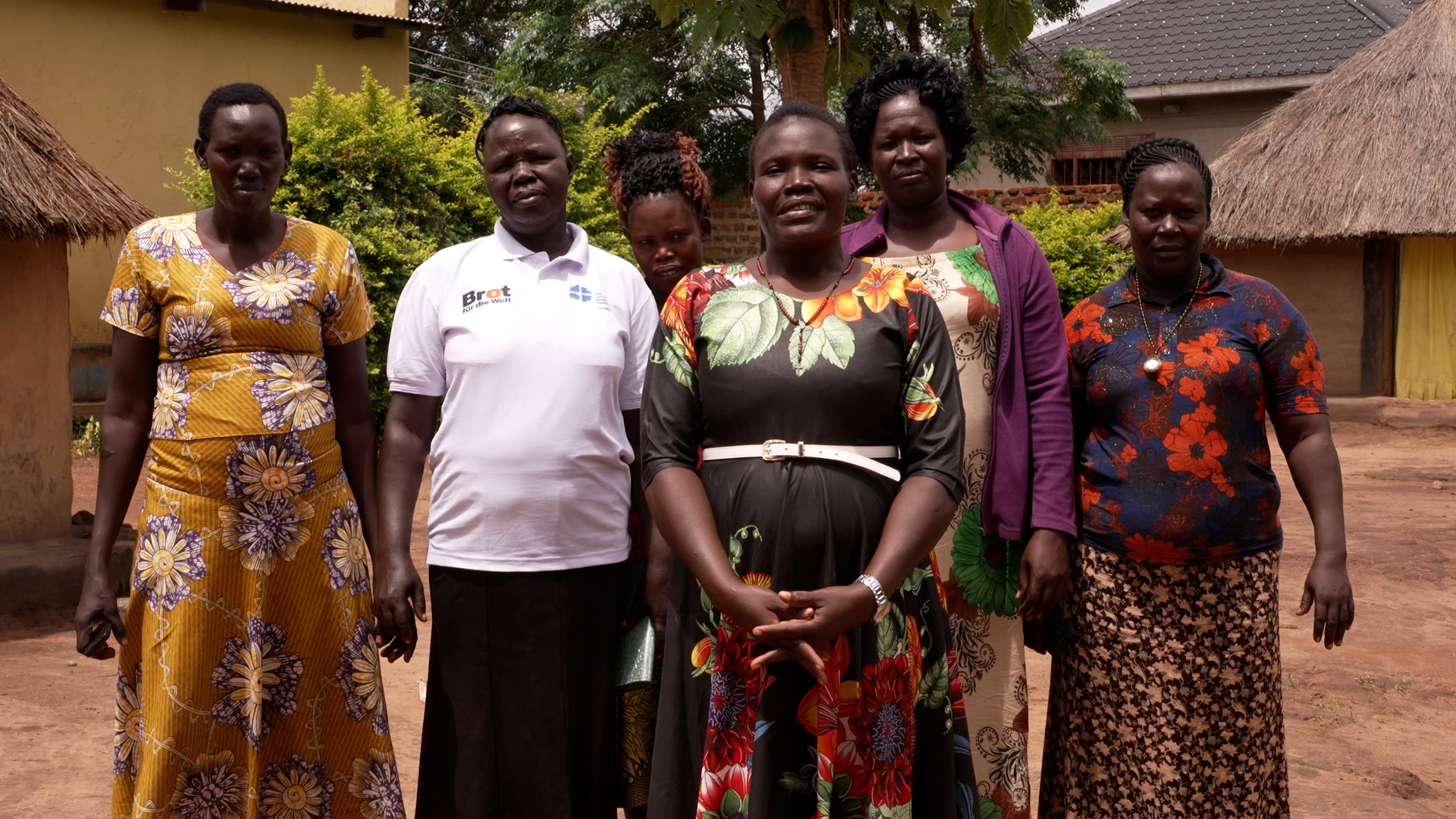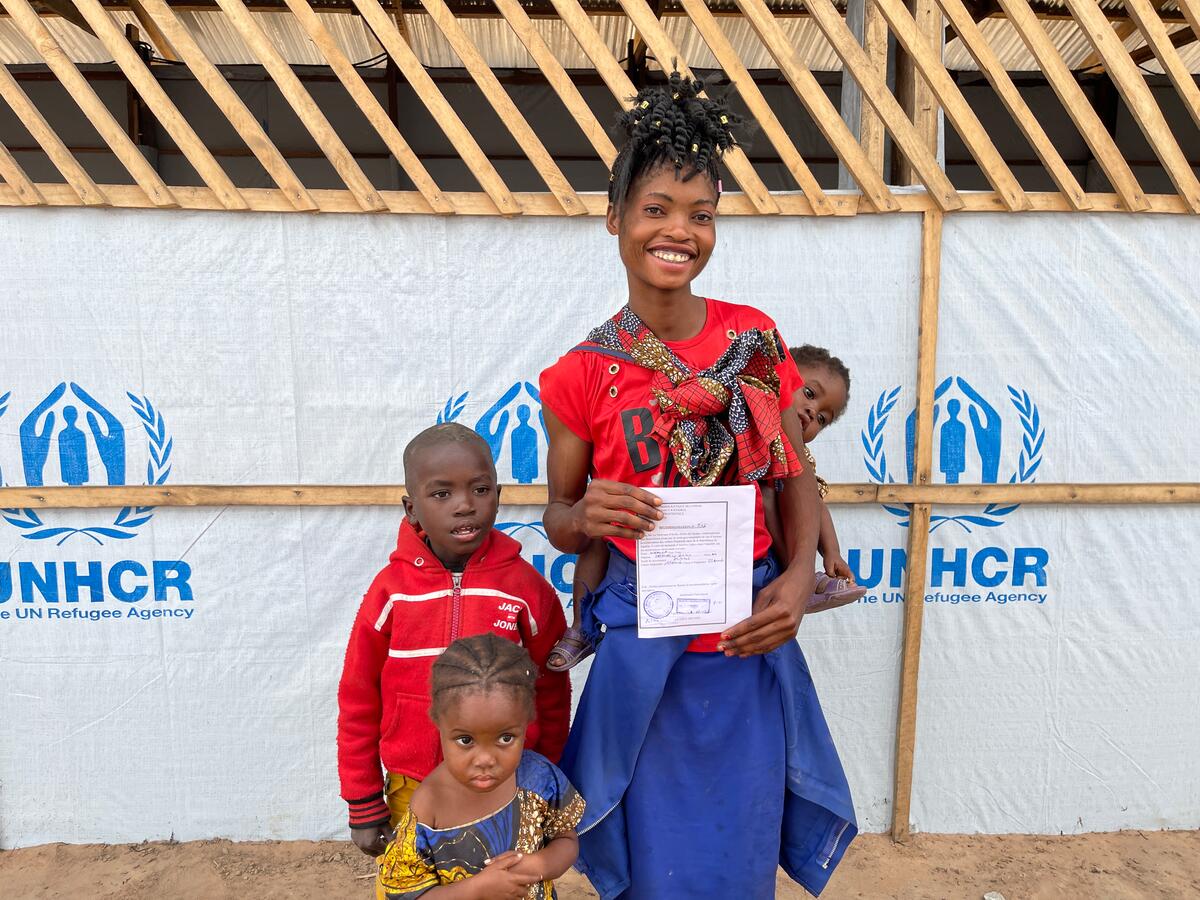Pakistani quake victims heading for home after long winter in temporary camps
Pakistani quake victims heading for home after long winter in temporary camps

ISLAMABAD, Pakistan, May 5 (UNHCR) - Some 100,000 people displaced by last October's devastating Pakistan earthquake have left temporary camps and returned to their towns, villages and properties over the past month as the emergency phase of the massive relief operation begins to wind down.
UNHCR's office in Islamabad reported Friday that 57 camps for quake victims have so far been closed, while another 99 remain open for about 55,000 people yet to go home.
The returns are continuing at a steady pace and follow a government announcement earlier this year that relief camps would start closing in March.
To support the trend of returns, UNHCR has provided US$2.25 million to support the International Organization for Migration's (IOM) efforts to facilitate the voluntary, safe and dignified return of internally displaced persons from relief camps in Pakistan's earthquake-affected areas to their home villages. Under an agreement signed last month, UNHCR will fund a significant portion of IOM's part of the UN Action Plan to provide medical screening and transport facilities to quake survivors. The project will run from April to the end of August.
"Inevitably, there will be some vulnerable people who cannot go home immediately for various reasons," said Michael Zwack, UNHCR's deputy representative in Pakistan and head of the Camp Management Cluster in the UN relief effort.
"Some have been orphaned, widowed or disabled; others have lost their land or come from towns like Balakot, which lies on major fault lines and has to be relocated. It is extremely important that these vulnerable people continue to be assisted until more permanent solutions are found for them."
In North-West Frontier Province (NFWP), the authorities have set aside three camps (Siran Sialkot, Gari Habibullah and Meira) for residual groups of vulnerable people. In Pakistan-Administered Kashmir (AJK), at least two camps (Thori Park, and Mera Tanolia) have been designated for this purpose. UNHCR is providing resources, including cars and office equipment, and training in camp management to the civilian authorities to help them manage and assist the residual groups remaining in the camps.
The UN refugee agency is also funding the International Catholic Migration Commission (ICMC) to conduct vocational training programmes in some camps, targeting extremely vulnerable individuals in particular. Through courses like sewing, embroidery, plumbing and masonry, trainees should become more self-reliant upon return to their villages.
By Fatma Bassiouni in Islamabad, Pakistan








